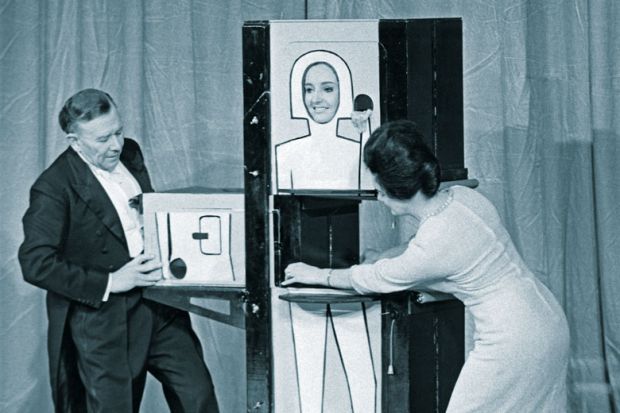Staff in UK higher education are working on average more than two unpaid days each week, with some in early career roles clocking up almost double their contracted hours, a University and College Union survey has found.
Those in teaching assistant positions report regularly working the equivalent of four extra, unpaid days, with nearly 65-hour weeks the norm – far higher than the standard 35-hour week contract and exceeding the 48-hour limit set by the working time directive.
Academics with casualised contracts or who are term-time only also report working way beyond the hours stipulated in their contracts, with the union’s general secretary, Jo Grady, accusing employers of “dining off the goodwill and dedication of staff”.
The UCU’s survey, last conducted in 2016, finds that 87 per cent of higher education staff say the size or intensity of their workload has increased in the past three years, with two-thirds describing the rise as “significant”.
THE Campus resource: Conversations around stress must move beyond ‘I’m fine, how are you?’
One in 10 says their workload is entirely unmanageable, while three in 10 say it is unmanageable most of the time. All staff groups were affected, but teaching and research staff were most likely to report the highest workloads.
Dr Grady said the findings showed that “grotesque levels of exploitation have become commonplace in education”. She warned that universities could be exposed to investigations from the Health and Safety Executive as it appeared that “vital safeguards” that protect workers were being breached.
“It is particularly damning that university staff on the lowest wages and most insecure contracts are the ones forced to work longest for free,” she added.
Concerns about the size of workloads have been one of the key grievances that have spurred union members to take 13 days of strike action this academic year.
Although some branches have managed to secure local settlements that mandate their universities to, for example, set up working groups to address the problems, there has been little progress nationally on getting vice-chancellors to take meaningful action.
Asked in the survey what is driving the increases in their workloads, staff in all job roles cite more administration and online working as among their top three contributing factors. Many say the move to online and hybrid learning during the pandemic has created much more work.
Other pressures cited include widening remits, staff reductions or restructures within a department, increases in student numbers and higher expectations from students regarding staff availability.
Dr Grady said there were now “toxic levels” of administrative work that university staff were expected to complete, which was the “prime cause” of unmanageable workloads.
“Education bosses, governments and funding bodies need to reduce the burdensome box-ticking exercises and free staff up to focus on the things that matter, like teaching, supporting students and research,” she said.
Raj Jethwa, chief executive of the Universities and Colleges Employers Association, said that all sectors in the UK have “faced serious workload challenges in recent years and the higher education sector has been no different”, but said addressing workload issues was part of the pay offer which was currently being considered by unions.
“All [institutions] always want to ensure staff, whatever contract they are on, feel that they are appropriately rewarded and supported to deliver to students,” Mr Jethwa said.
Register to continue
Why register?
- Registration is free and only takes a moment
- Once registered, you can read 3 articles a month
- Sign up for our newsletter
Subscribe
Or subscribe for unlimited access to:
- Unlimited access to news, views, insights & reviews
- Digital editions
- Digital access to THE’s university and college rankings analysis
Already registered or a current subscriber? Login








